-
- Any Emergency
- Available 24 X 7
-
- Call Us Now
- 0181 5017777
- +91 81451 81451
Ophthalmology is the science that deals with the health and treatment of conditions of the eye. Shrimann Super Speciality Hospital provides first-class eye care and surgical services for patients suffering from eye disorders. The department offers the best and the right diagnostic care for vision problems and also treats complex conditions.
We specialise in diagnosing and treating cataracts, glaucoma and traumatic eye injuries. At Shrimann Super Speciality Hospital, we aim to provide healthy and quick recovery to all the patients. Following are the specialisations we provide at the Opthalmology Department.
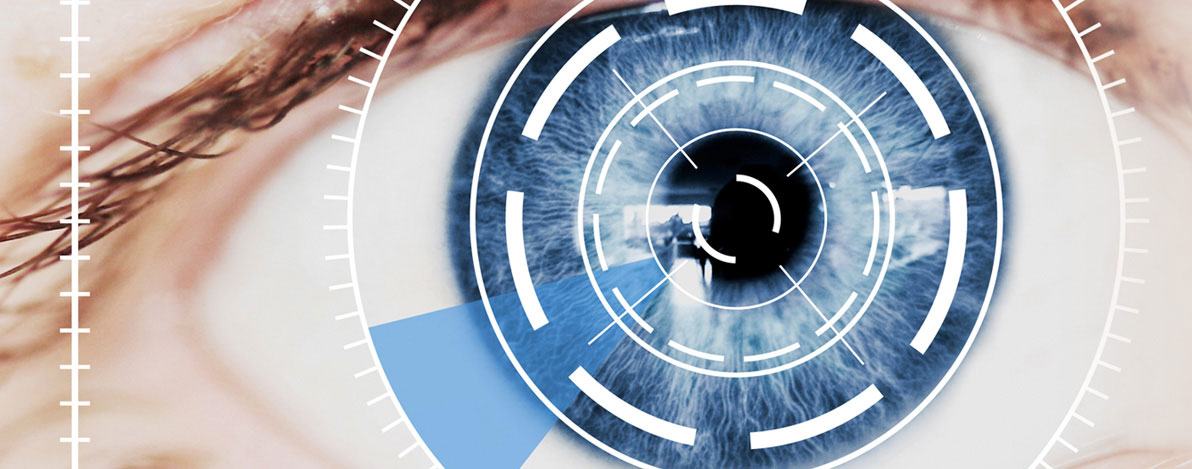
Periodic eye and vision examinations are an important part of preventive health care. Many eye and vision problems have no obvious signs or symptoms, so you might not know a problem exists. Early diagnosis and treatment of eye and vision problems can help prevent vision loss. An eyeglass prescription is an order written by an eye-wear prescriber, such as an optometrist or ophthalmologist, that specifies the value of all parameters the prescriber has deemed necessary to dispense corrective lenses appropriate, the prescriber generally provides the patient with an eye-wear prescription at the conclusion of the exam.
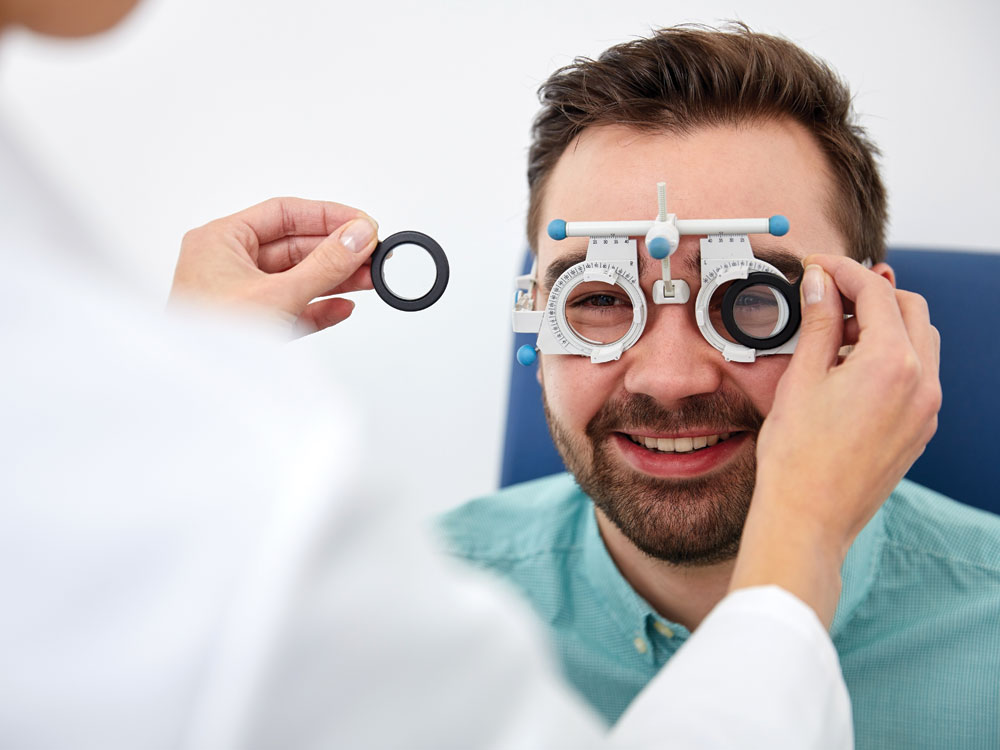
During the Phaco-Emulsification, an opening of 2.8mm is made and a thin ultrasonic probe is utilised to suck out the cataract after breaking it into tiny pieces. Emulsification to the cataract is done using very thin, hollow titanium probes operating at 40kHZ to 60kHZ frequency.
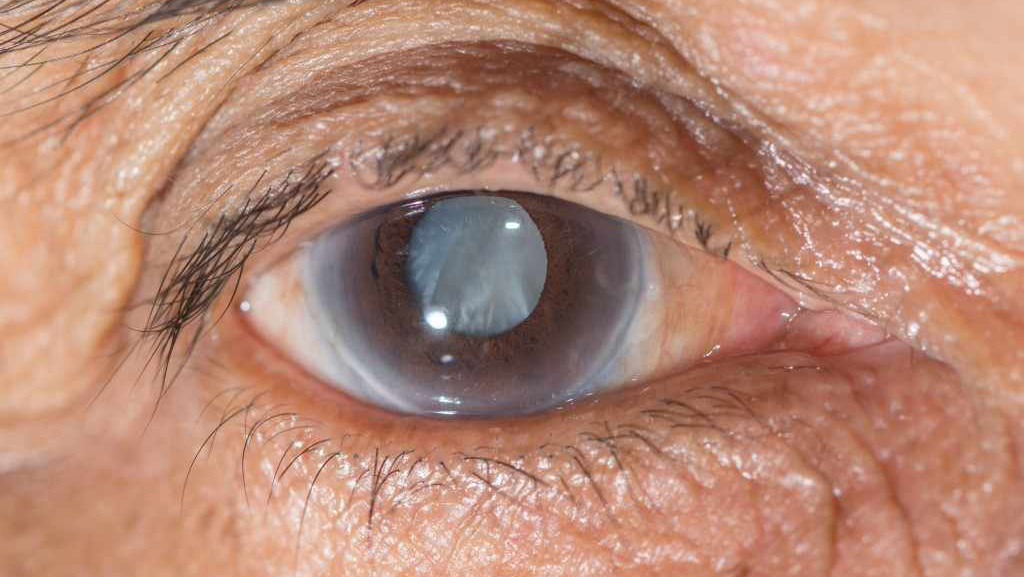
Early diagnosis and treatment of glaucoma are important to reduce the risk of progressive and irreversible visual loss. The key to diagnosis is recognition of morphological changes to the optic nerve head and retinal nerve fibre layer, but in some patients, functional abnormalities are detected first. So we provide services for early detection of glaucoma.
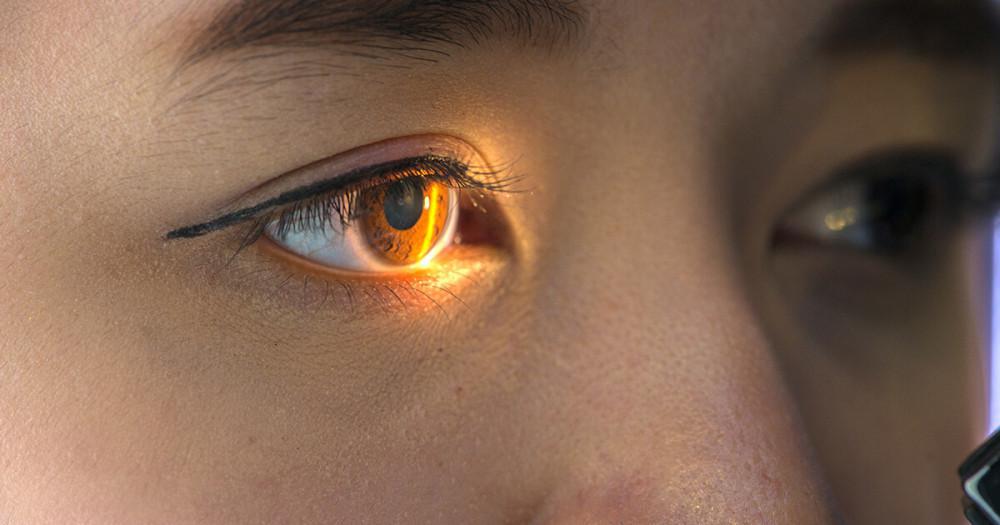
Retinopathy means that the disease has damaged the retina. The retina is the part inside the eye that senses light. Different diseases can cause retinopathy. There can be a partial or complete loss of vision. Retinopathy can develop slowly or suddenly, can get better on its own or lead to permanent damage.
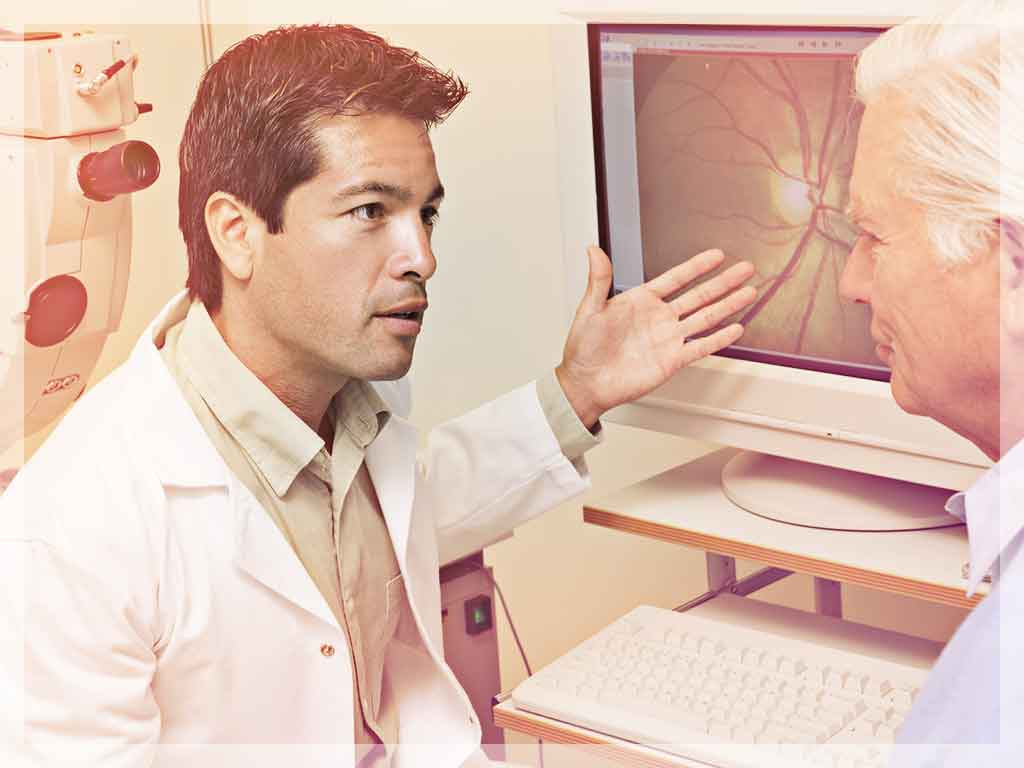
Diabetic retinopathy develops in people with type 1 or types 2 diabetes. It takes years to develop. Two kinds of diabetic retinopathy have the potential to diminish vision. In Non-Proliferation, blood vessels in the retina deteriorate. Deteriorating blood vessels can become blocked or deformed. Fluids, fat and proteins leak out of the abnormal blood vessels. Fluid can collect in the retina. This swelling impairs sharp vision.
In proliferative retinopathy, new structurally unstable blood vessels grow on the surface of the retina. These unstable blood vessels cause frequent minor bleeding. The bleeding causes local irritation and scarring.
Proliferative retinopathy can cause retinal detachment. This is a separation of the layers of the retina. It is one of the most serious consequences of proliferative retinopathy.The vitreous is the clear gel between the lens and the retina. Sudden bleeding into the vitreous can obscure vision, often quite suddenly.
Hypertensive retinopathy occurs in people who have high blood pressure. High blood pressure causes blood vessels abnormalities. Abnormalities may include thickening of the small arteries, blockages of retinal blood vessels and bleeding from them. Sudden, severe high blood pressure may cause swelling of the optic nerve.People with this disease frequently have no symptoms in the early stages. It may be discovered during a routine eye exam.
We have highly qualified and experienced consultant doctors in our team. Click on the picture of the consultant doctor, you want to book an appointment with.